Data for Scale: An interview with Benoit Landau, Groupe SOS, France
Groupe SOS has been selected by the French government to support the most vulnerable young people, promote their skills development, and transform their ability to access employment. Groupe SOS Youth Division has set out to scale their innovative solutions for at-risk youth (NEET) to enter or re-enter the professional world.
Partnering with Impact Atlas as the core technology of this initiative, Groupe SOS will bring real-time visibility and standardization to their operations, grow their impact and increase learnings: Read about our partnership here
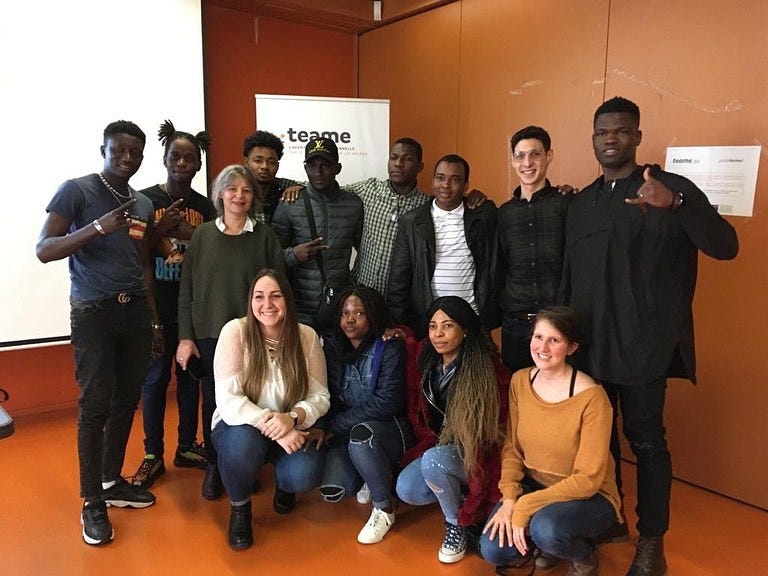
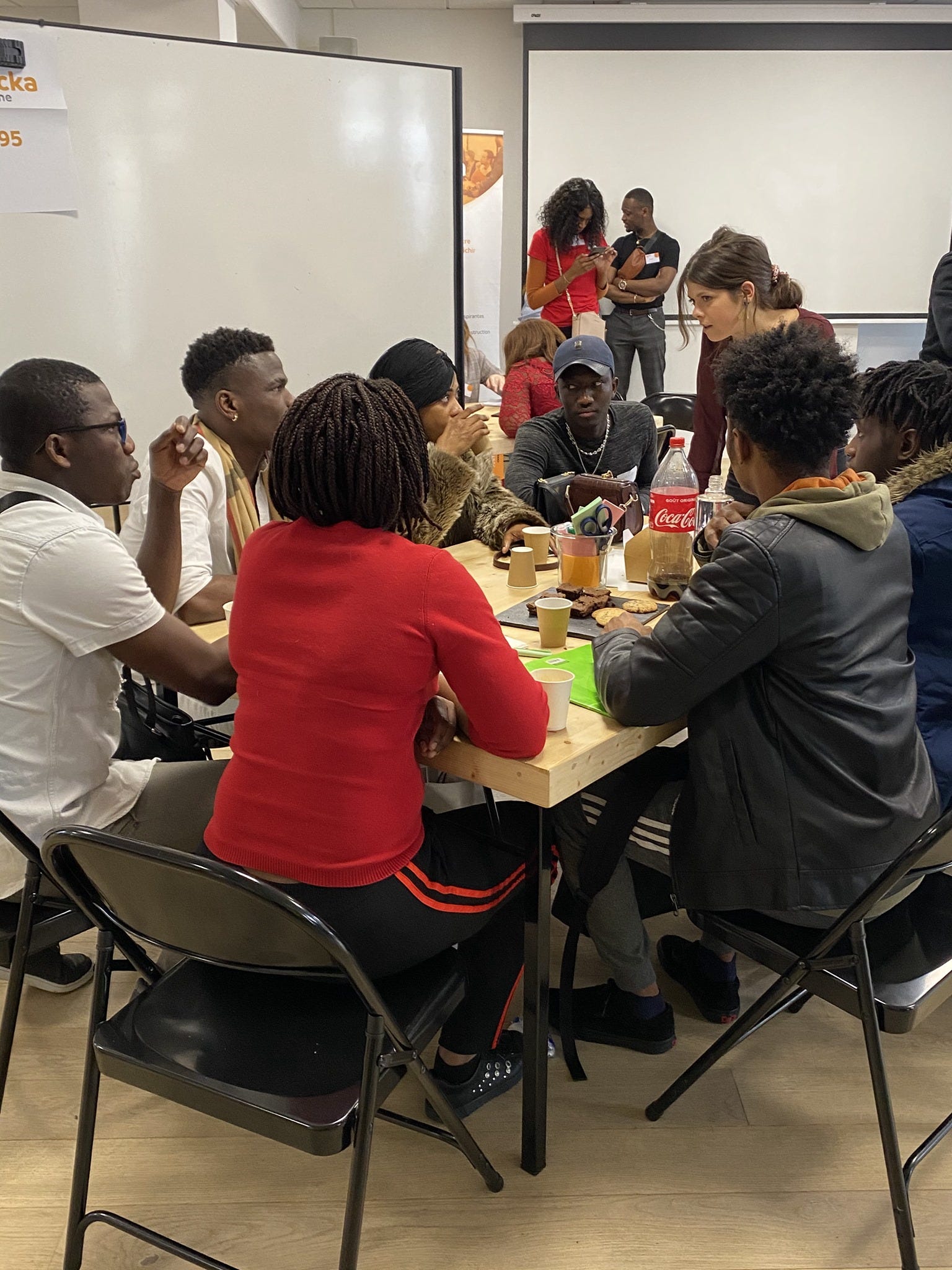
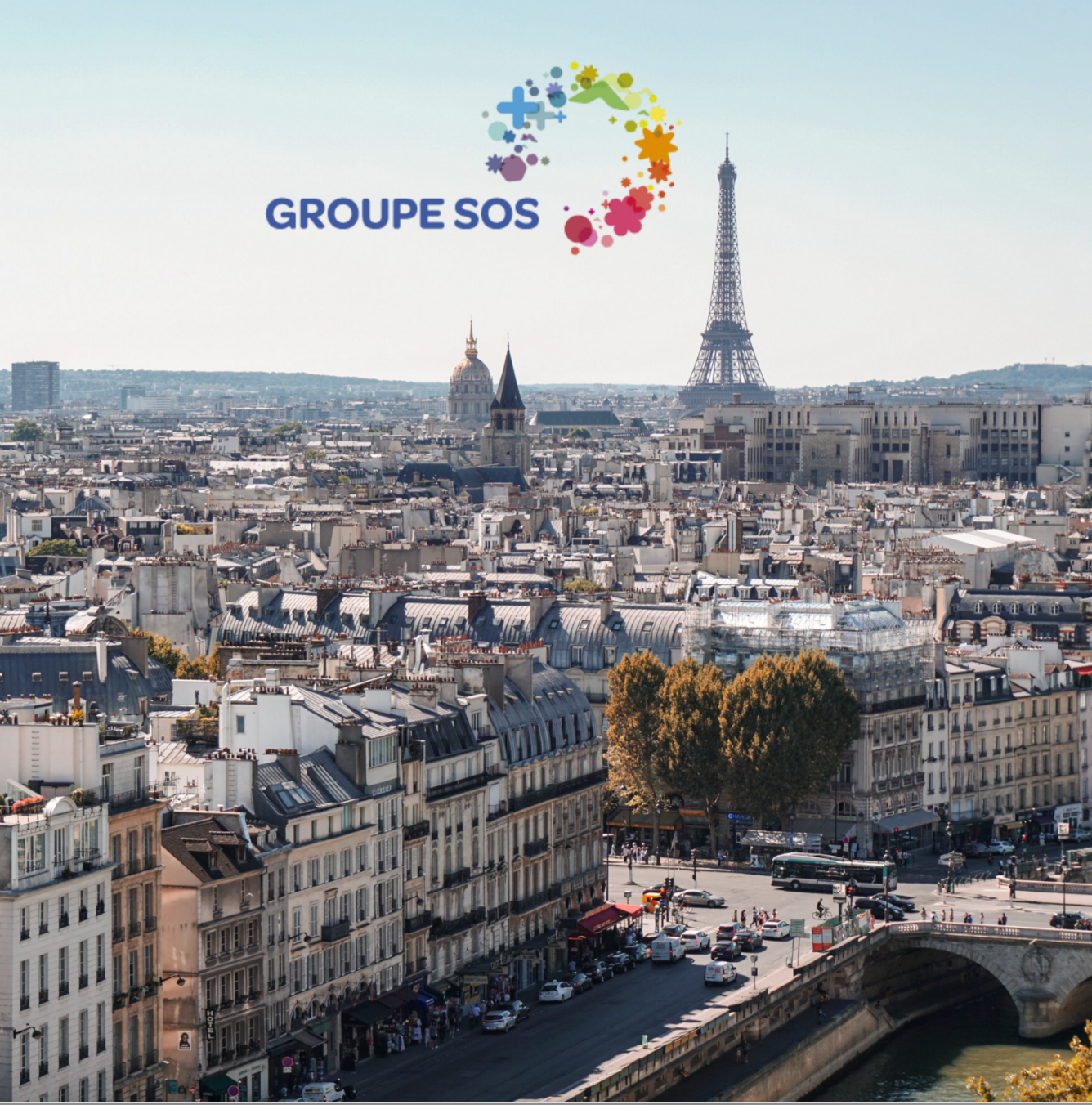
The Impact Atlas CEO, Chantal Buard sat down (virtually) with Benoit Landau to talk about Groupe SOS, the importance of a systems approach in development, and their reasons for adopting Impact Atlas.
Benoit Landau is currently the Director of Platform i: inclusion, innovation & impact for Groupe SOS. Before his role with Groupe SOS, he spent 2 years consulting for the public sector and over 10 years working with the French Government to create a reporting system for the ministry to monitor national city policy programs.
Chantal — Hi Benoit, thank you for taking the time to talk today… To start out, I would love to hear a bit of background on why Groupe SOS has prioritized digital transformation. How do you believe COVID-19 will change how other organizations think about and prioritize this as well?
Benoit — I worked for 10 years for the French Government. I created a reporting system for the ministry that looks after the suburbs for monitoring national city policy programs. I have seen so many approaches in terms of piloting activity on public policies or social programs — from the rigorous collection of micro/local data to very little data collected at all.
In my opinion, you can’t build a solid public policy when you’re not sure what’s happening on the ground.
Many people continue to think that one can make decisions based only on ideology, an intuition, or incomplete or imprecise data and this is unfortunately how decisions are often made in politics as in the social and solidarity economy.
But if we want, as is the case with the Teame program, to scale a social program, we are obliged (in my opinion) to base our programming on a more precise and rigorous vision of what we do in the field.
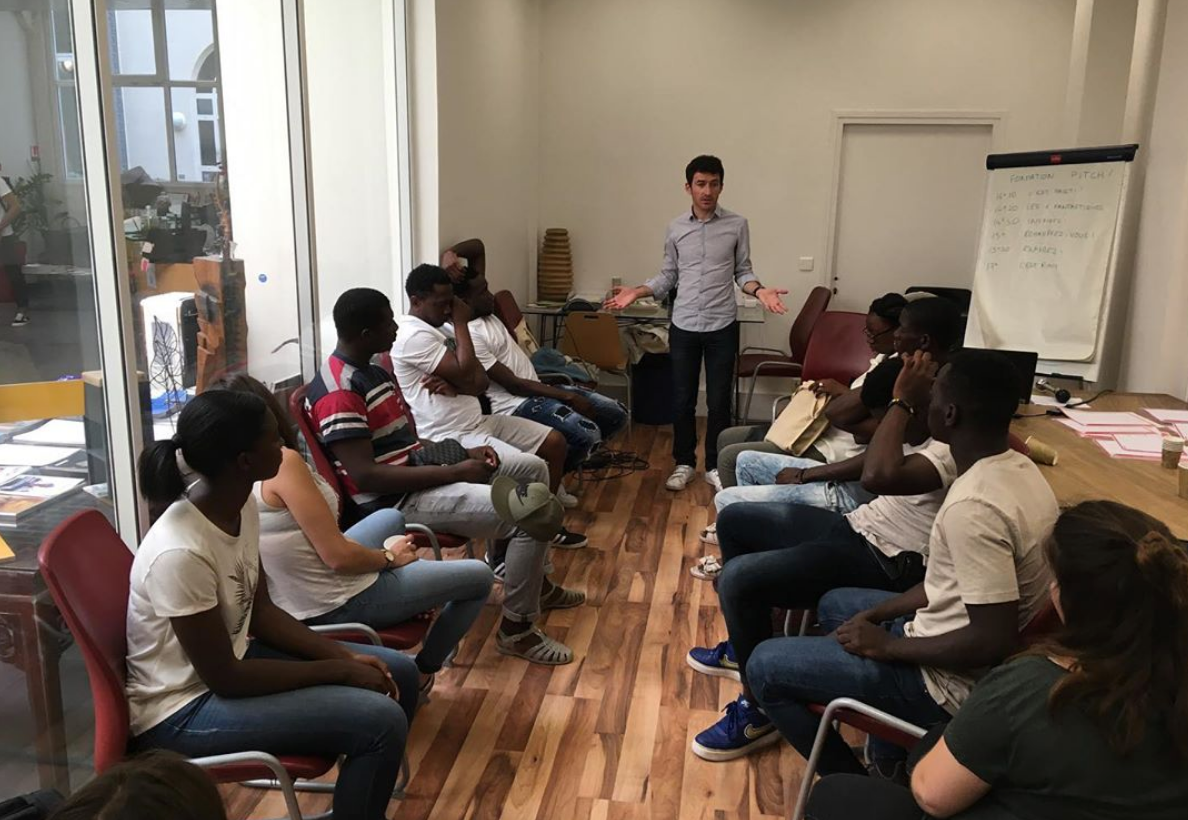
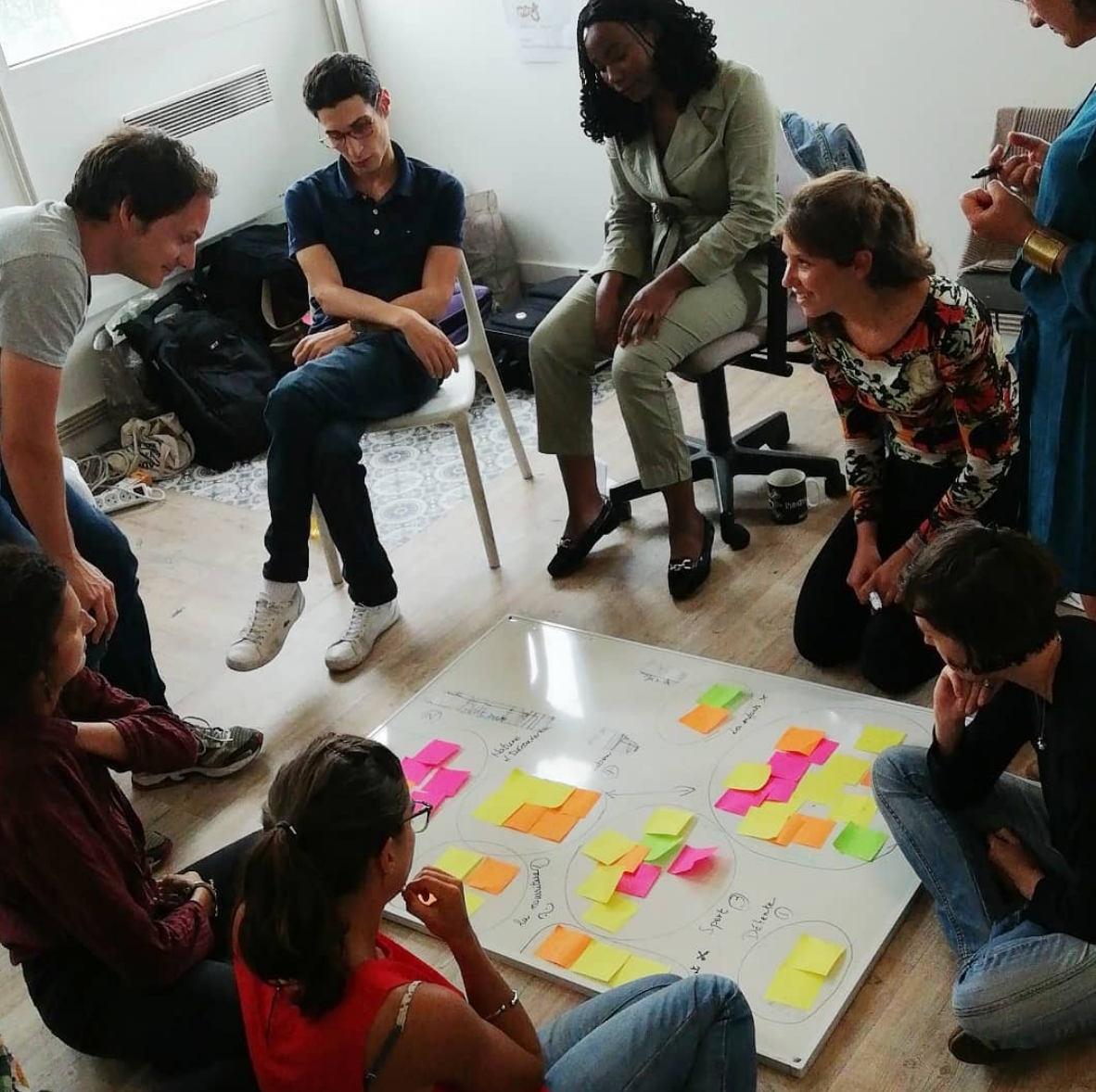
The situation we were in last year, with the time and funding to systematically organize the development and the growth of a social program can be rare in the social field. We took advantage of this period for digital transformation with our Teame program and I’m so glad we did when we did!
Right now there are a lot of structures that did not regularly use digital, but with what is happening at the moment with COVID-19, they are forced to do it. Like many people who refused to telecommute until a month ago and suddenly are forced to do it. I think many organizations will be forced to adapt and be more digital, including in their program delivery.
Many people continue to think that one can make decisions based only on ideology, an intuition, or incomplete or imprecise data… and this is unfortunately how decisions are often made in politics as in the social and solidarity economy.

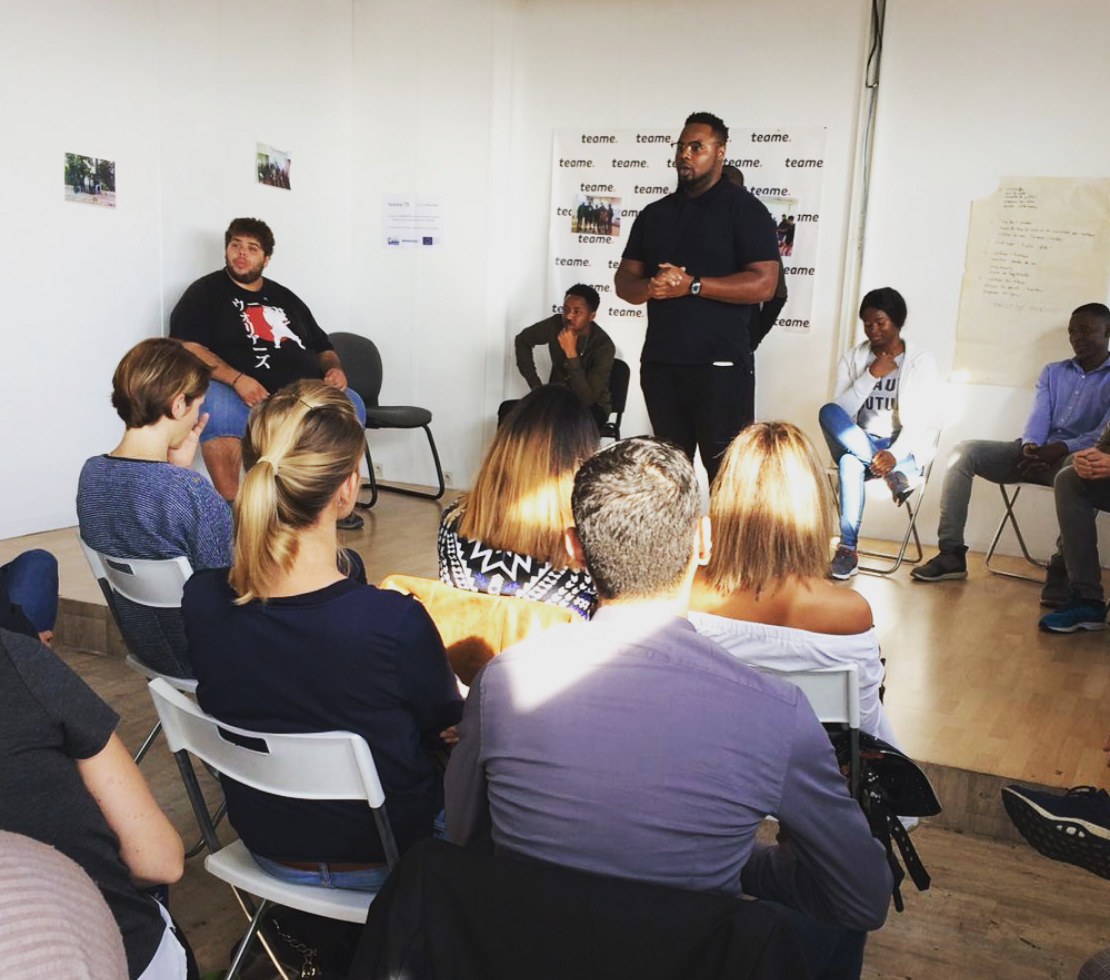
Chantal — You mentioned that this was an important time for Groupe SOS because of scale. Why do you feel that digital transformation and data are so important during this preparation for scale?
Benoit — Yes, for sure. With our plans to scale the Teame program, we were in a rare situation with both the means and the time to plan for change.
The other key element is we were needing to standardize our approach as we will be growing the Teame program. There was a very strong ambition for growth with a change of operational model to pass on our implementation procedures and plans easily to the program in delegation.
We need to equip all structures and groups so that they have a good program monitoring tool. This will allow us to both standardize operations that we do not supervise directly, as well as centrally consolidate data and learn from it in real-time.
In addition, there is a geographic variable, since the implementation will take place in several sites, other regions of France as well as overseas where we will not be able to go and see them as regularly.
Additionally, I am quite sensitive to this as I noted in my background. I felt it was very important to implement these processes so that we have clear visibility before scaling a program.
We need to equip all structures and groups so that they have a good program monitoring tool. This will allow us to both standardize operations that we do not supervise directly, as well as centrally consolidate data and learn from it in real-time
Chantal — Once you decided this was the optimal time for Groupe SOS and a digital transformation, what led you to chose Impact Atlas specifically?
Benoit — We chose Impact Atlas as our tool for digital transformation because of your ability to manage 4 key areas:
1 — Relevant and improved daily work tool for field teams.
2 — Real-time activity management and program monitoring. For the team leading the program with a global vision divided by geographical areas, we needed a tool that helped bring system design to our processes.
3 — To allow funders who wish to have real-time access to program implementation data
4 — Research, proposing to researchers to use the data produced on our program with Impact Atlas to increase knowledge on NEETs in France.
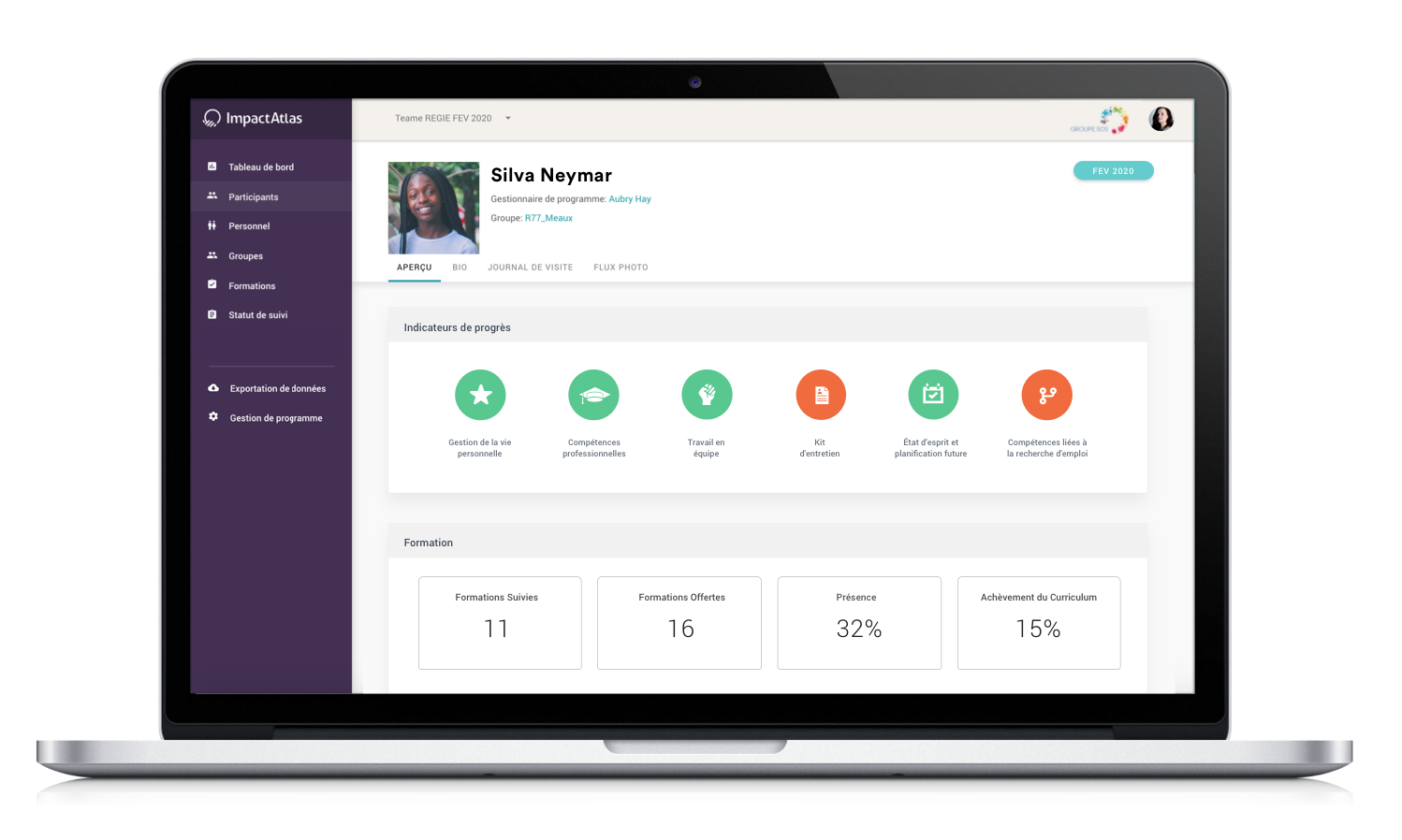
Chantal — You have referenced the desire to learn from data a few times. How does Impact Atlas help you learn and pivot as needed?
Benoit — The key point is that it is much easier to have a meeting at the end of the three months that is based on results rather than on the conviction of each coordinator.
Using Impact Atlas we will be able to test different options in the implementation of the program, to know, for example, if it is more relevant to deliver a type A or type B pedagogy. It is critical to have DATA to see what the results of each session are.
Additionally, this tool [Impact Atlas] forces teams to take a step back from their daily activity to say “what are my goals for this program” and then think about how to translate it into an indicator that is key for the success of any program. The ability to measure and track these indicators will show the program’s ability to make the desired impact.
A program that does not go to the end of this question will not be able to develop seriously.
We are at the beginning of the digital transformation journey for this program, but we have already seen a great impact on so many levels. With COVID-19, the program in Paris has become virtual, with 1:1 coaching all conducted over the phone. The team continues to use Impact Atlas to track all the activities conducted in 4 different cities in real-time.
About Groupe SOS
With its 17,000 employees and 495 structures, GROUPE SOS is one of Europe’s foremost social and societal undertakings. For over 30 years now, GROUPE SOS has been putting economic efficiency at the service of the interests of the general public. In so doing, it provides responses to the issues of today’s society by developing innovative solutions in its five main fields of activity.
The actions undertaken by GROUPE SOS have an impact on 1.7 million beneficiaries every year.
 ImpactAtlas
ImpactAtlas